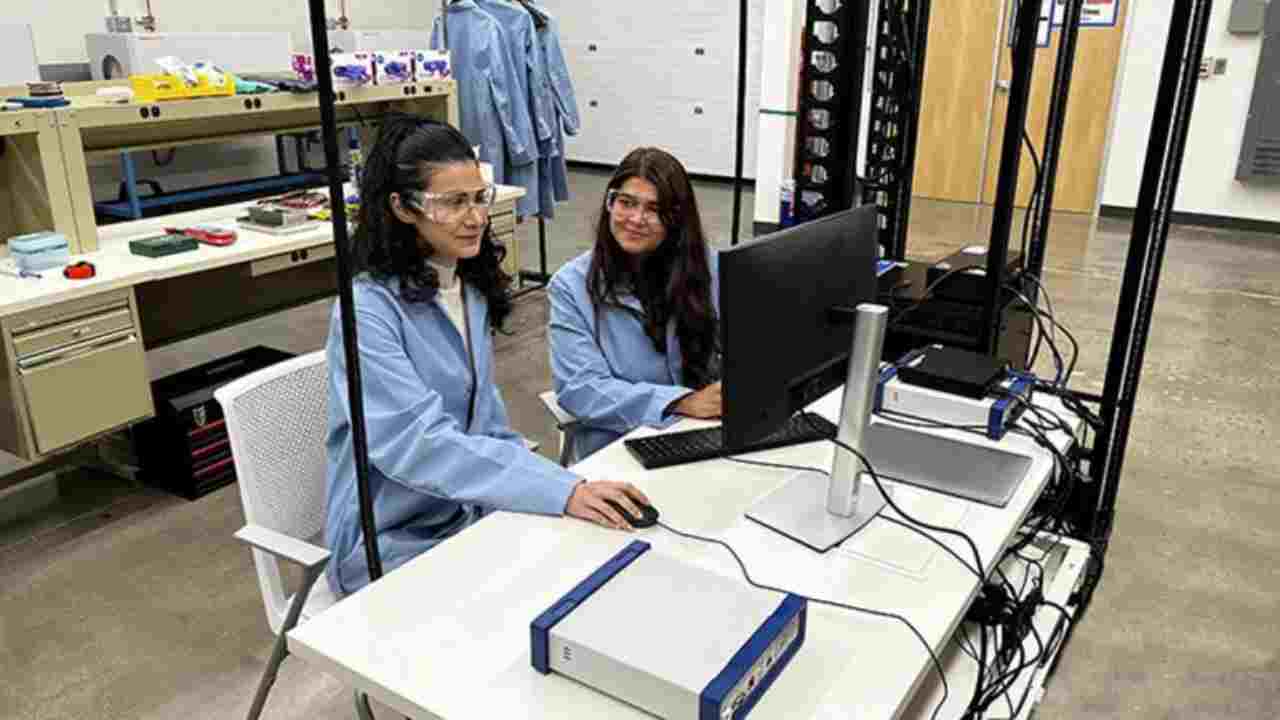Nissan utilizes AI to accelerate automotive materials research and development

Nissan has made substantial strides in its research and development efforts, particularly in the field of automotive materials, by harnessing the capabilities of artificial intelligence (AI). The company’s Silicon Valley tech lab has been actively utilizing AI to expedite research endeavors related to automotive materials, signifying a significant shift in their approach to innovation.
Key Points:
AI-Powered Research Transformation: Nissan has leveraged AI to revolutionize its research and testing processes for automotive materials used in various car components. Traditionally, this research phase took around two decades, involving numerous trial-and-error cycles. However, with AI simulations, this timeline has been drastically reduced to approximately two years, making the process nearly 1,000 times faster.
Role of AI: AI, specifically machine learning, allows researchers to simulate the properties of materials for a vast range of cases in a short amount of time. It enables the exploration of millions of materials and their properties, such as strength, temperature sensitivity, and conductivity, for various automotive applications.
Human Engineers in the Loop: While AI plays a crucial role in identifying potential candidates, human engineers remain essential to the process. They interpret AI-generated data and conduct physical tests to validate findings, ensuring that practical applications meet desired criteria.
Example: Solid-State Batteries: One concrete example of AI’s impact is in the development of solid-state batteries for electric cars. Nissan aims to introduce these advanced batteries to the market by 2028, and AI has played a pivotal role in accelerating this process by swiftly identifying promising materials and properties.
Nissan’s adoption of AI in materials research represents a transformative approach that enables rapid advancements in automotive technology. This shift brings us closer to a future of cleaner and more efficient transportation, with AI serving as a catalyst for innovation in the automotive industry.





